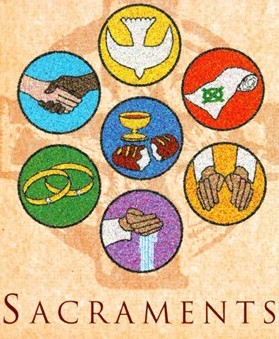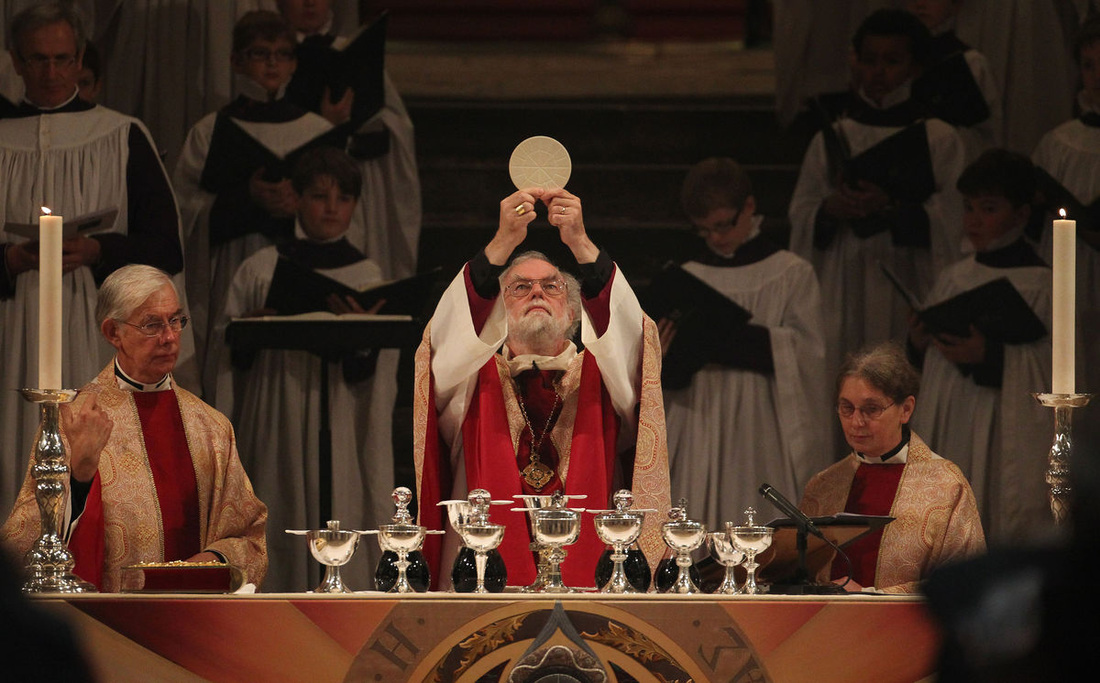They are predominantly associated with the Roman Catholic Church which describes them as: "efficacious signs of grace, instituted by Christ and entrusted to the Church, by which divine life is dispensed to us. The visible rites by which the sacraments are celebrated signify and make present the graces proper to each sacrament. They bear fruit in those who receive them with the required dispositions." (Catechism of the Catholic Church 1131-1134)
The observant of you will have noted that all seven are not achievable by one person as you cannot be both ordained and married in the Catholic faith. However, when they were formally agreed at the Council of Trent (1545 – 63) it was set out that as a whole they are necessary for salvation as they were instituted by Christ himself.
This final point was disputed by the Anglican Church when it split from Catholicism at the Reformation and eventually this Church only formally recognised two: Baptism and Communion. They reasoned that these two are the only ones that are set out by Christ in the Gospels. There is also much more division in the Anglican Church about their importance. Some “high” Anglicans take them very seriously and might in fact advocate the use of all seven sacraments, whilst other “low” Anglicans only see them as symbolic and not necessary for our relationship with God. The Anglican Church is a broad Church!
As the West has become a more secular society it is interesting to note two things about rites of passage: Baptism and marriage have, to a relatively large extent, been maintained and remain important to many families who no longer go to church on a regular basis. Meanwhile other secular alternatives have arisen to take the place of, and supplement traditional rites; Baby-showers, 18th birthday parties, retirement parties amongst others have all become common place.
Can you think some other secular rites-of-passage? What is your experience of the sacraments? Can they really have an effect on our salvation? Or are they just a way of the Church maintaining its authority?




 RSS Feed
RSS Feed
